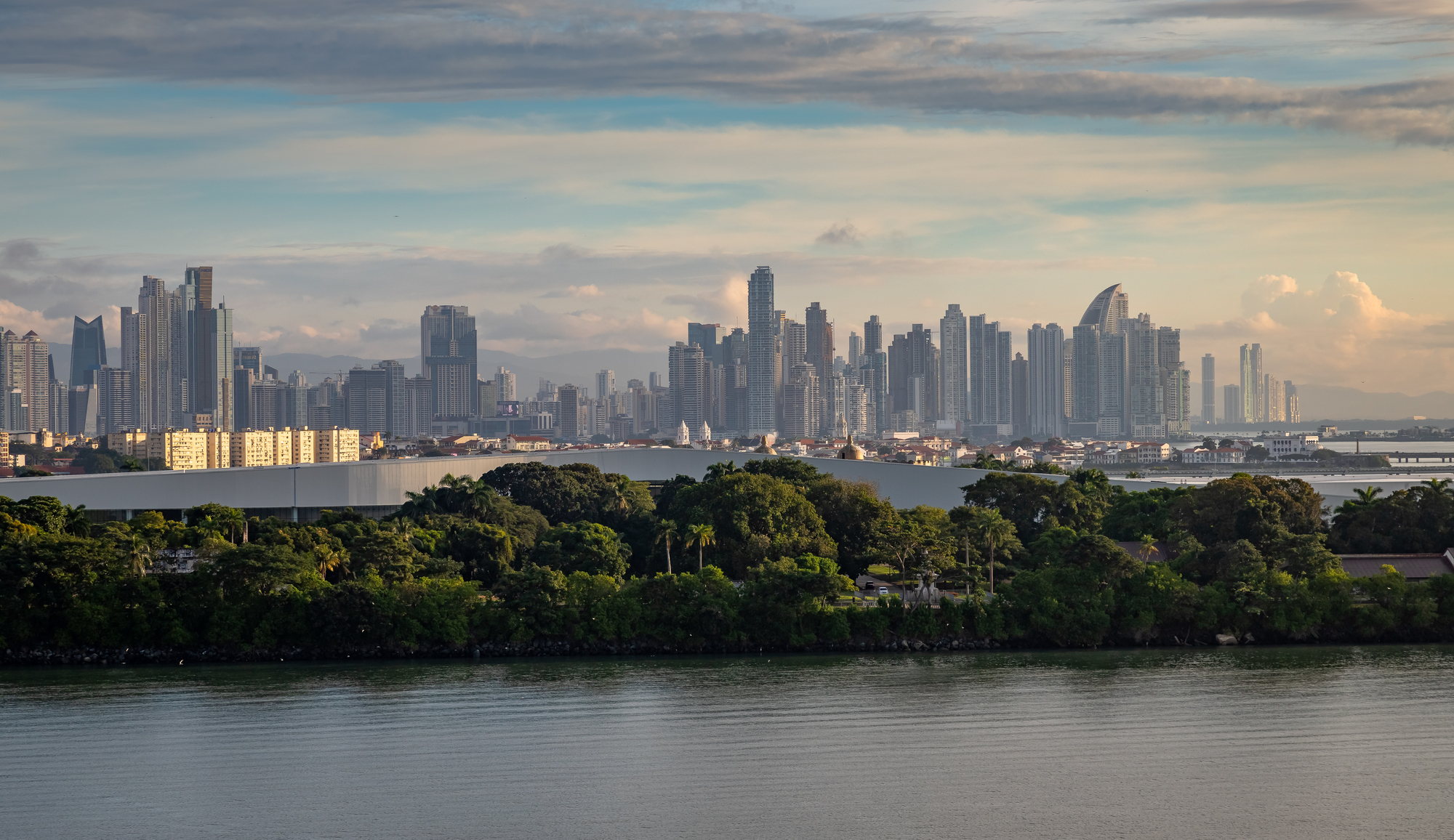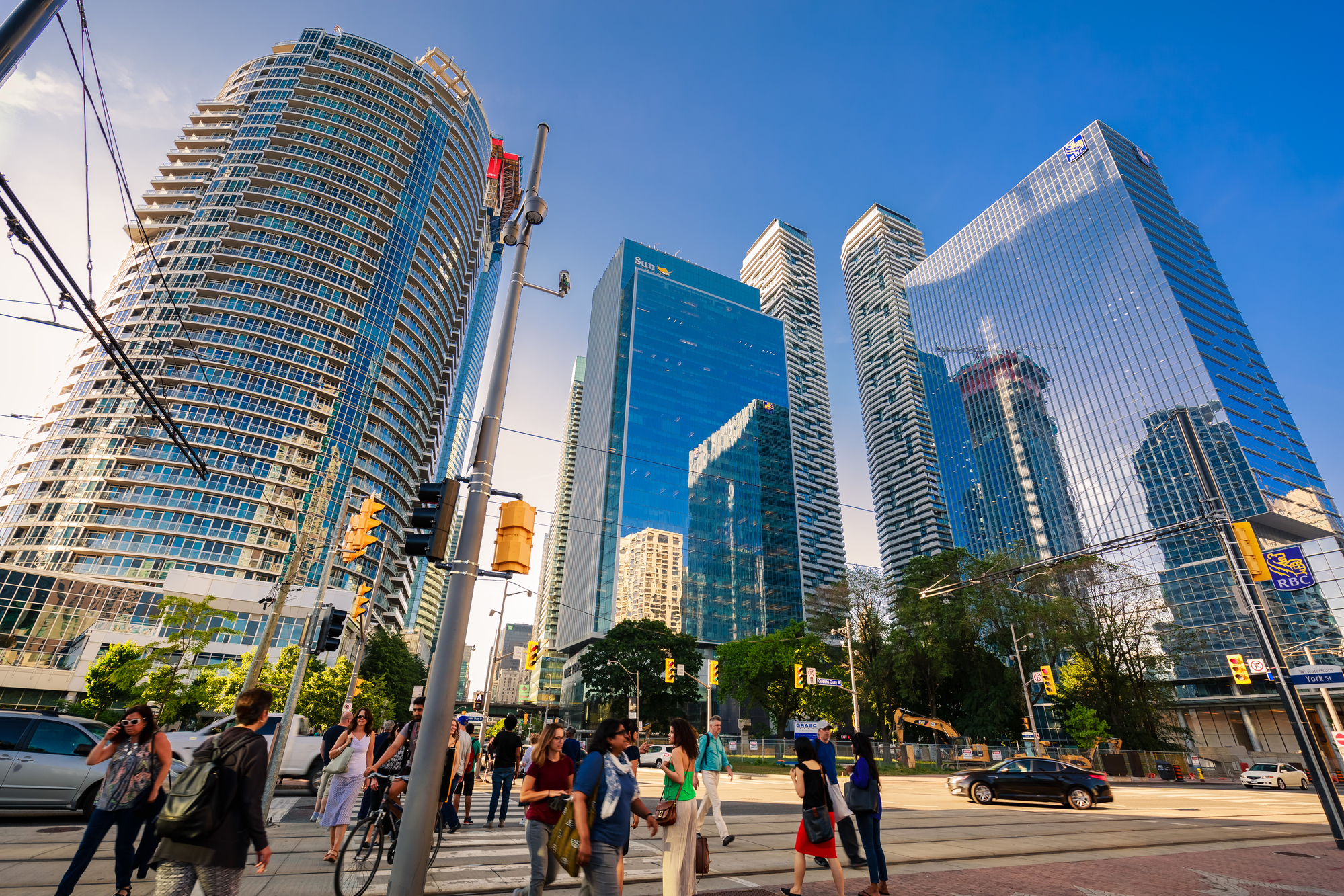Last Updated on October 24, 2023 by Neil Sharma
Vancouver’s office vacancy rate remains among North America’s lowest, and according to a CBRE report, the city’s thriving tech sector is a strong reason.
“On the office side of things, tech has definitely been one of our strongest growth segments over the past handful of years,” Vancouver-based Jason Kiselbach, Vice president and marketing director of CBRE Canada, told CREW. “We’ve seen big brand names move up the coast from the U.S. and set up satellite offices in Vancouver, which has led to a strong labour market on the tech side. If you have the talent, more tech companies show up and that breeds even better talent.”
According to CBRE’s Scoring Canadian Tech Talent report for 2020, Vancouver received an exceptional score of 72.8 because, among other reasons, the average annual expense of renting 75,000 sq ft for is $3,484,500, which ranks third highest in Canada after Ottawa and Toronto, respectively. Moreover, the city has the lowest average wages for 211 employees in the field at $12,014,400, and accounting for 39 management-level workers, Vancouver has by far the lowest average wages at $3,772,080.
“In particular, Toronto, Vancouver, Montreal and Edmonton provide the best value in North America when it comes to cost and quality,” said the report. “All are within several percentage points of coming in at half the cost of operating in the San Francisco Bay Area.”
Kiselbach added that the city’s overall commercial real estate sector has also benefited from shutdowns in core American markets, some of which relocated film production to Vancouver and catalyzed spinoff activity in the industry like post-production editing.
“The office vacancy rate is mid-6%,” said Kiselbach. “Downtown is lower than that at 5.6%, and that increased throughout last year, but having said that, we’re still the lowest vacancy for downtown offices in Canada, and either the lowest or one of lowest in North America.”
Indeed, the COVID-19 pandemic has resulted in rising office vacancies and subleases throughout the world’s major downtown submarkets, but Kiselbach says it’s instructive to dig deeper.
“When we look at the data, subleased office space is occurring in smaller spaces, like sub-500 sq ft,” he said. “None of the medium or larger sized spaces are up for sublease, and to me that indicates that, when it’s appropriate, [companies] will encourage their employees to come back to work in the office.”
As an asset class, investor demand for offices is still robust, signifying that institutional investors and high-net-worth individuals believe in the sector’s market fundamentals. But make no mistake, the pandemic has certainly shaken those fundamentals, at least somewhat.
“Our mood at CBRE is still one that’s positive,” said Kiselbach. “I looked at that vacancy rate go up last year and now it’s an opportunity for smart money to be in the market during Q1 and Q2 of this year while the fundamentals are off a bit. Occupier decisions that were delayed through the year are coming up against their renewal dates.”
Neil Sharma is the Editor-In-Chief of Canadian Real Estate Wealth and Real Estate Professional. As a journalist, he has covered Canada’s housing market for the Toronto Star, Toronto Sun, National Post, and other publications, specializing in everything from market trends to mortgage and investment advice. He can be reached at neil@crewmedia.ca.









